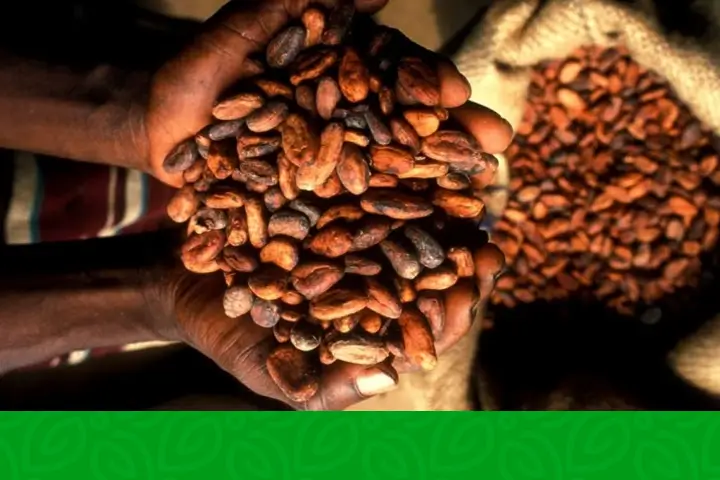
In a bold move to breathe new life into Ghana’s cocoa processing sector, the government has unveiled plans for the privatization of the struggling Cocoa Processing Company (CPC). This announcement, made by Ghana’s Minister of Finance, Ken Ofori-Atta, during a recent press briefing, marks a crucial step in enhancing the competitiveness of state-owned entities in this vital industry.
Aiming for Competitiveness:
Ghana’s cocoa processing sector plays a pivotal role in the nation’s agricultural export earnings. Recognizing the significance of this sector, the government has initiated a broader effort to boost the competitiveness of public operators, with CPC taking center stage in this transformation.
Years of Financial Struggles:
CPC, Ghana’s primary public cocoa grinding company, has grappled with financial difficulties for over a decade, largely attributed to management issues. Minister Ofori-Atta revealed that the company has accumulated losses totaling approximately US$163.2 million between 2009 and 2022.
A Path Towards Privatization:
In light of these challenges, the Minister of Finance emphasized the need for change. He stated, “If you look at the state-owned enterprises, the ones that are joint venture partners are doing much better, and maybe that’s what’s needed to move forward.” The privatization program, which includes CPC and 16 other public companies from various sectors, seeks to alleviate the burden on the government while allowing these entities to focus on their core production functions.
Changing Ownership Dynamics:
CPC’s ownership structure, which currently includes Cocobod as the majority shareholder with 57.7% of the company’s shares, the Ministry of Finance with 26%, and the Social Security and National Insurance Fund (SSNIT), is expected to undergo significant changes as a result of the privatization plan. This shift promises to bring fresh perspectives and expertise into the company.
Facing Global Giants:
CPC, capturing less than 2% of the market share of cocoa processing products, faces formidable competition from international giants. American company Cargill leads the market with 28% share, followed closely by Belgian-Swiss Barry Callebaut at 27.8%, and Singaporean Olam at 15.1%. The privatization move is seen as a critical step in restructuring Ghana’s cocoa processing industry to better compete on the global stage.
The Road Ahead:
While specific details of the privatization process are yet to be revealed, this strategic move underscores the government’s commitment to revitalizing the cocoa processing sector. The goal is to enhance its performance and ensure its sustainability as a vital contributor to Ghana’s economy. As these reforms unfold, the entire cocoa industry and the future of CPC will be closely monitored in the coming months.
In conclusion, Ghana’s journey towards privatizing CPC represents a significant turning point for the nation’s cocoa processing sector. It’s a bold step aimed at boosting competitiveness, attracting investment, and securing the industry’s future prosperity. The coming months promise to be a pivotal period in shaping the destiny of Ghana’s cocoa industry.
Stay updated with the latest farming tips and agriculture industry news from Africa by subscribing to our newsletter. Don’t miss out on valuable insights and updates. Follow us on Twitter, LinkedIn, and Facebook to join our farming community and stay connected with us.



















